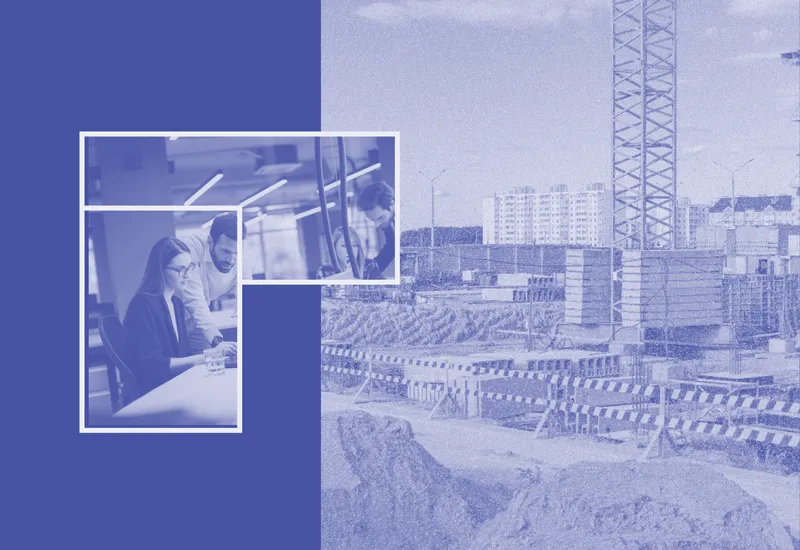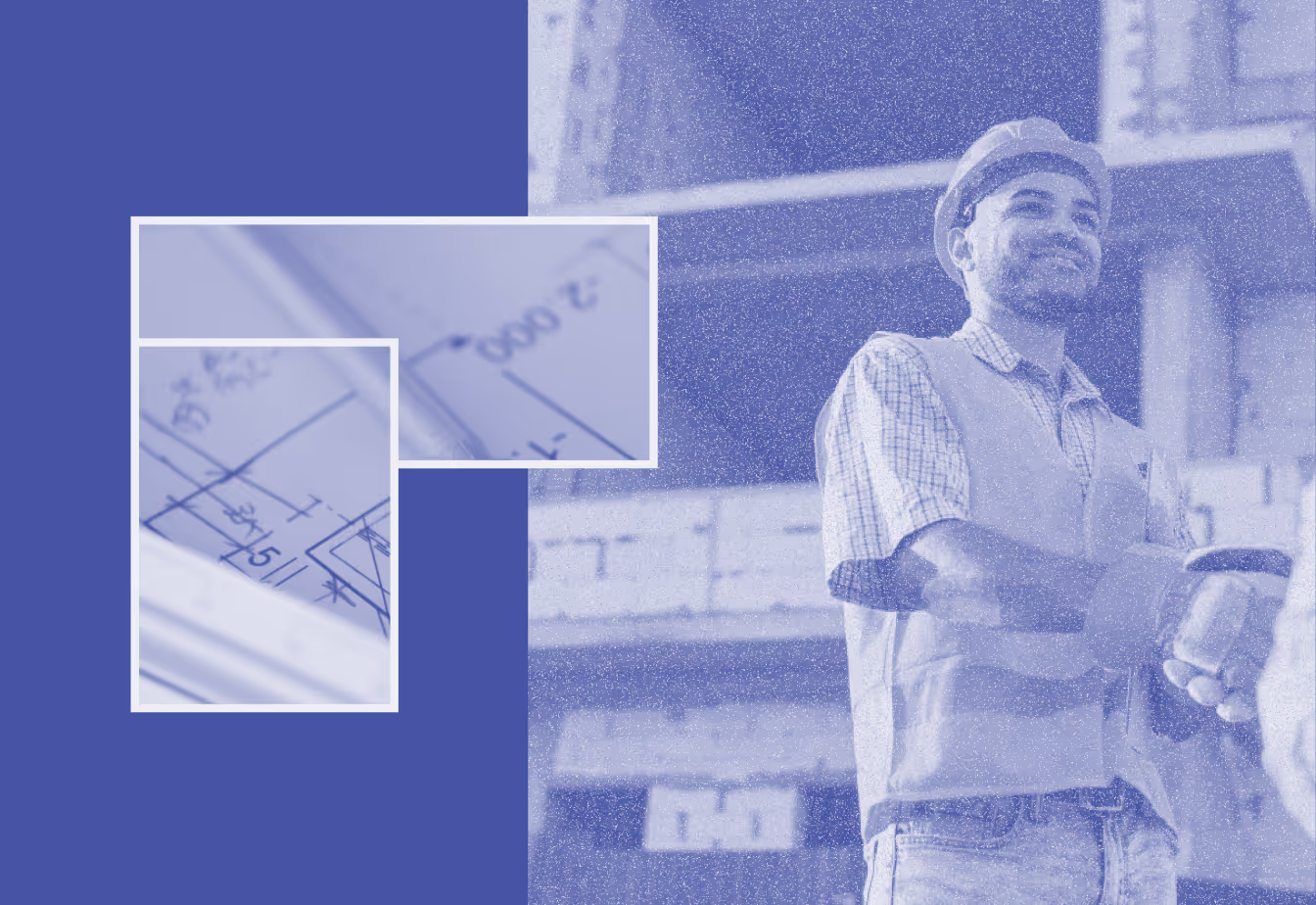How to Stop Continually Searching for Documents and Automate Instead

The benefits of automation for property developers extend far beyond saving time. Improving the accuracy of your draws and successfully managing budgets, change orders, contingency reserves, and project risk are also improved by using the right tools and technology.
Tracking data without the right software is like keeping track of socks on laundry day. No matter how hard you try, there’s always a leftover sock with no partner in sight. Trying to find the missing sock takes forever (if you can manage to find it).
Similarly, locating missing pieces of data is often harder than it needs to be. Email, smartphones, and spreadsheets may give you some confidence that you’ll be able to locate a specific piece of data anytime. If you don’t remember where you stored that data, who you sent it to, and on which platform, you may have to recall when you created or sent that data or what the subject line might have been.
We’ve all performed these data recall strategies before. No matter how confident we are that we’ll have that document quickly, it doesn’t always work out that way. How often have you overlooked a communication by email, text, or in-person, not even realizing that an important document was attached?
This is where using one central tool to automate tasks comes into play.
How Does Automation Work to Benefit Property Developers?
By way of sophisticated algorithms, optical character recognition, and predictive modeling, construction project management software can parse and pull data from draw packages. It then organizes the data and conducts checks and balances—reducing human error while dramatically increasing loan efficiency ratios. In addition, construction management software can digitize and monitor all aspects of a construction budget. The software tracks the scope of work, budget, invoices, receipts, and change orders related to all of the work like cement, plumbing, electricity, landscaping; you name it. It monitors all transactions too, ranging from the initial contract amount to the final payment, ensuring it is all documented in writing, which helps reduce errors.
Put simply, construction project management platforms can automatically:
- Parse documents and populate relevant data in fields required for forms, draw packages, reports, and more
- Organize, ensure accuracy, and track key details of a project’s schedule and budget
- Monitor budget adherence and provide efficient reporting
Without software to centralize this data automatically, developers are challenged by a lack of visibility into their project performance and budget. A key issue for many developers is the absence of a centralized data platform in their operational technology stack, which would enable overall portfolio and project-level overviews and foster stronger risk management. Excel and various accounting systems only show a disconnected portion of the picture. In fact, 50% of developers say they struggle to manage their construction budget, and 60% say they can’t accurately see where their project finances stand at any time.
Software that automates your data is critical for getting the full picture of your project’s health. It’s not enough to hope your project stays on time and on budget: you need to actively consider solutions that improve your day-to-day and drastically reduce risk.











